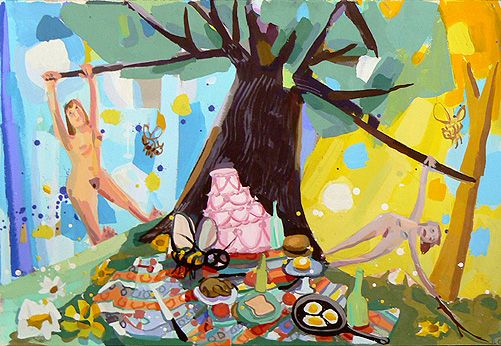 Linhare’s picnickers, always women, are always naked. I’m not sure about the bee on the picnic cloth. See Judith Linares. Picnic Rock (2007). Gouache
Linhare’s picnickers, always women, are always naked. I’m not sure about the bee on the picnic cloth. See Judith Linares. Picnic Rock (2007). Gouache
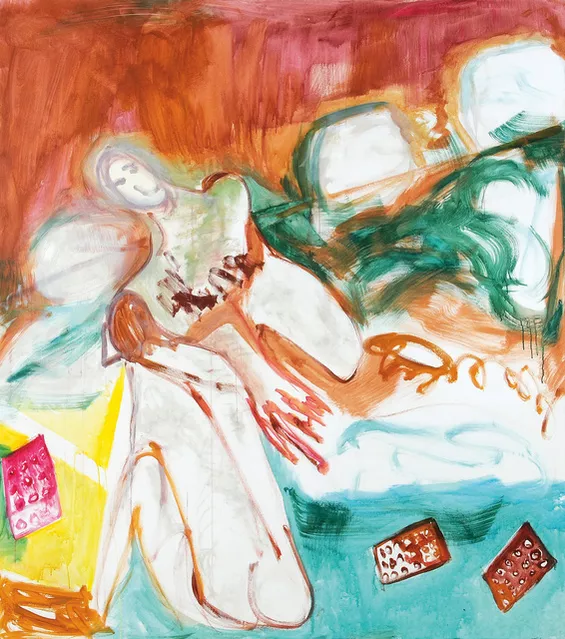 Sirbiladze’s Drug Picnic is unpicnicky. A nightmare. See Tamuna Sirbiladze. Drug Picnic (2008). Acrylic on canvas.
Sirbiladze’s Drug Picnic is unpicnicky. A nightmare. See Tamuna Sirbiladze. Drug Picnic (2008). Acrylic on canvas.
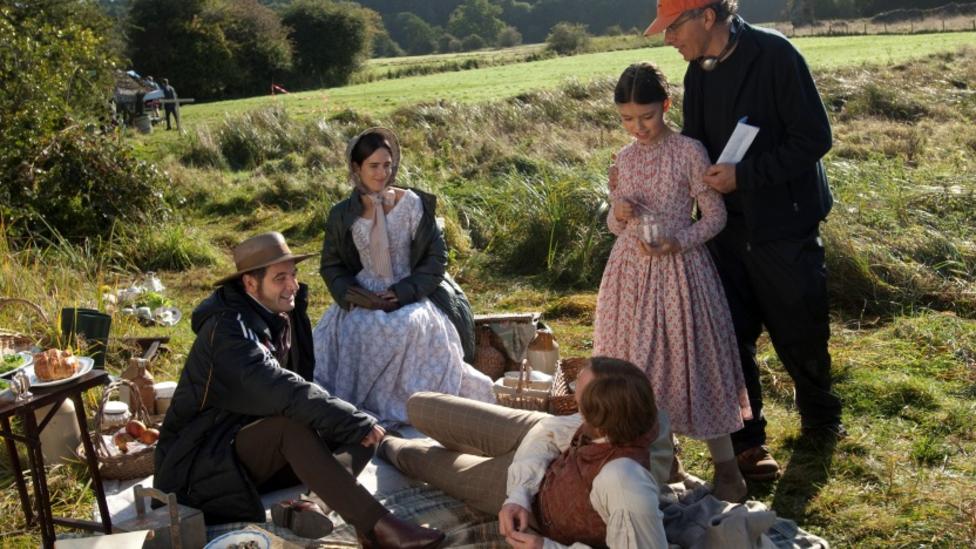 Charles Darwin’s struggle to complete and publish On the Origin of the Species (1859) is Amiel’s idea for a picnic. This picnic probably never happened, but Amiel thought it a pleasant way for Darwin to discuss his scientific observations. The jolly picnic...
Charles Darwin’s struggle to complete and publish On the Origin of the Species (1859) is Amiel’s idea for a picnic. This picnic probably never happened, but Amiel thought it a pleasant way for Darwin to discuss his scientific observations. The jolly picnic...
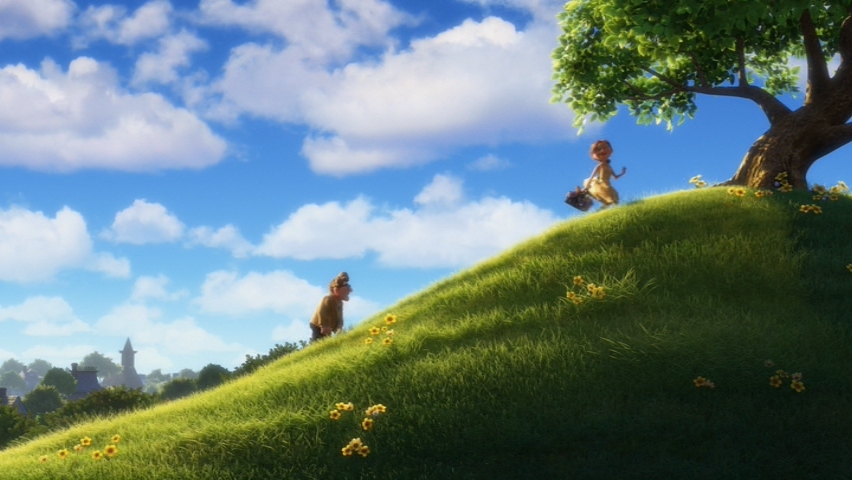 The newlyweds, Carl, and Ellie Fredricksen, dream of their future at a picnic. Walking out into the countryside, Karl and Ellie spread a picnic on the grass. Then, looking at the sky, they dream of a family. Alas, their romantic dreams of visiting Paradise Falls are...
Bright Star (2009), Jane Campion’s version of John Keats and Fanny Brawne’s love affair, invents two romantic courtship picnic scenes. These moments are poignant because we know the romance will end in heartbreak. The first is a picnic at which they kiss....
The newlyweds, Carl, and Ellie Fredricksen, dream of their future at a picnic. Walking out into the countryside, Karl and Ellie spread a picnic on the grass. Then, looking at the sky, they dream of a family. Alas, their romantic dreams of visiting Paradise Falls are...
Bright Star (2009), Jane Campion’s version of John Keats and Fanny Brawne’s love affair, invents two romantic courtship picnic scenes. These moments are poignant because we know the romance will end in heartbreak. The first is a picnic at which they kiss....
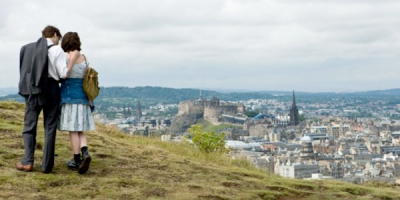 As sappy romantic novels go, David Nicholls’ One Day (2009) is about a one-night sexual encounter that becomes a life-long romantic heartache. Dexter and Emma’s picnic on Arthur’s Seat is never revealed, but we do know what each brings in their...
As sappy romantic novels go, David Nicholls’ One Day (2009) is about a one-night sexual encounter that becomes a life-long romantic heartache. Dexter and Emma’s picnic on Arthur’s Seat is never revealed, but we do know what each brings in their...
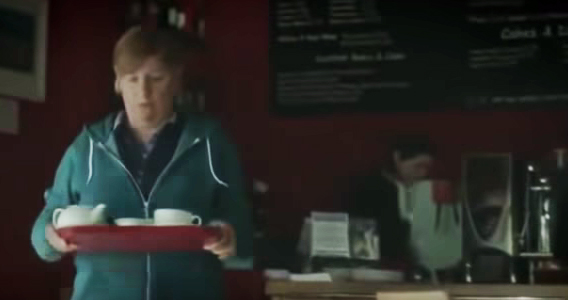 “Killing time” is Atkinson’s euphemism for a picnic. When Tracy Waterhouse, a retired sixty-five-year-old police detective, inexplicably abducts Courtney, a child of five, she is unsure about entertaining her. In near desperation, she suggests,...
“Killing time” is Atkinson’s euphemism for a picnic. When Tracy Waterhouse, a retired sixty-five-year-old police detective, inexplicably abducts Courtney, a child of five, she is unsure about entertaining her. In near desperation, she suggests,...
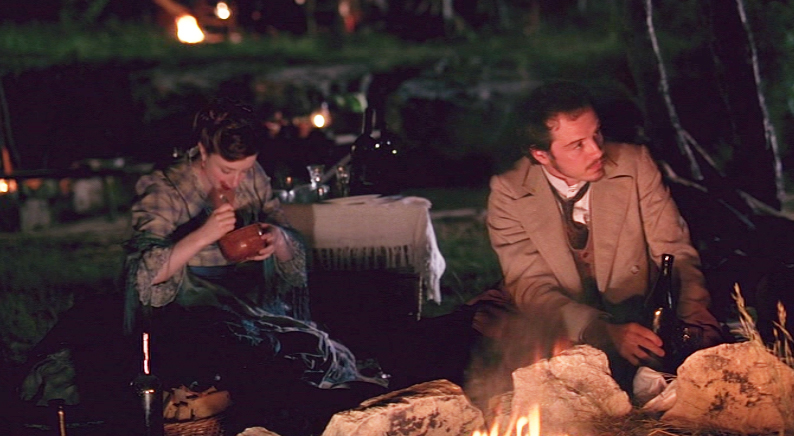 Kosashvili’s picnic is comic and glum, as Chekhov intended. While other picnickers enjoy the view, Laevski, the protagonist, says, “To be in continual ecstasy over nature shows a poverty of imagination.” Laevski is a man who cannot enjoy himself,...
Kosashvili’s picnic is comic and glum, as Chekhov intended. While other picnickers enjoy the view, Laevski, the protagonist, says, “To be in continual ecstasy over nature shows a poverty of imagination.” Laevski is a man who cannot enjoy himself,...
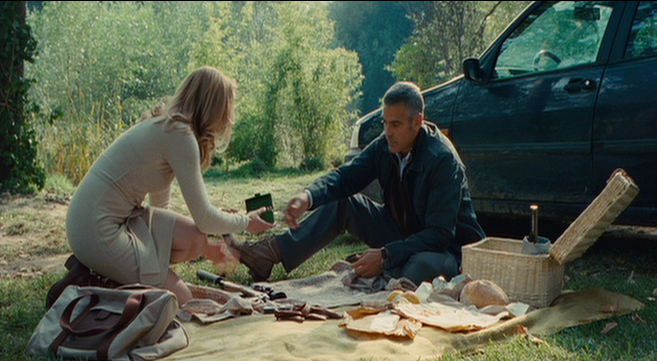 Corbijn’s The American is moderately faithful to Martin Booth’s novel A Very Private Gentleman. It’s the story of a gunmaker/assassin hiding from his enemies. Booth’s novel has three picnics, but Corbijn includes two. Hired to make a...
Corbijn’s The American is moderately faithful to Martin Booth’s novel A Very Private Gentleman. It’s the story of a gunmaker/assassin hiding from his enemies. Booth’s novel has three picnics, but Corbijn includes two. Hired to make a...
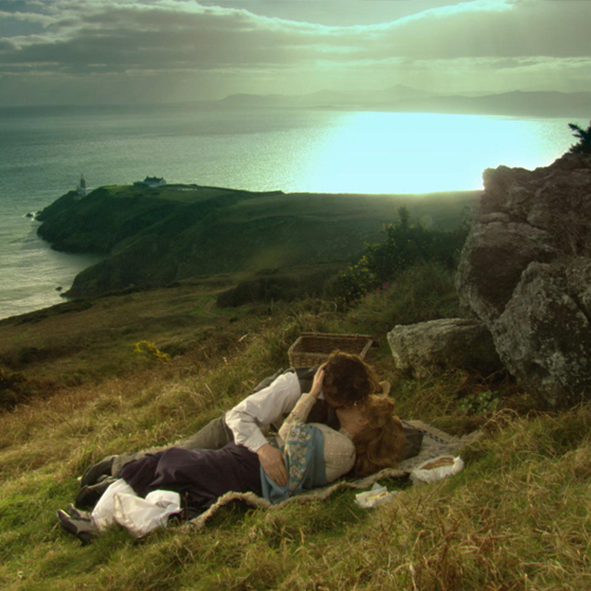 Benjamin Black’s picnic at Howth alludes to James Joyce’s Ulysses. The date is the same fifty-two years later, June 16, 1956, but the picnickers and their intentions are very different. In Ulysses, Leopold Bloom, and Marian “Molly,” Tweedy make...
Benjamin Black’s picnic at Howth alludes to James Joyce’s Ulysses. The date is the same fifty-two years later, June 16, 1956, but the picnickers and their intentions are very different. In Ulysses, Leopold Bloom, and Marian “Molly,” Tweedy make...










